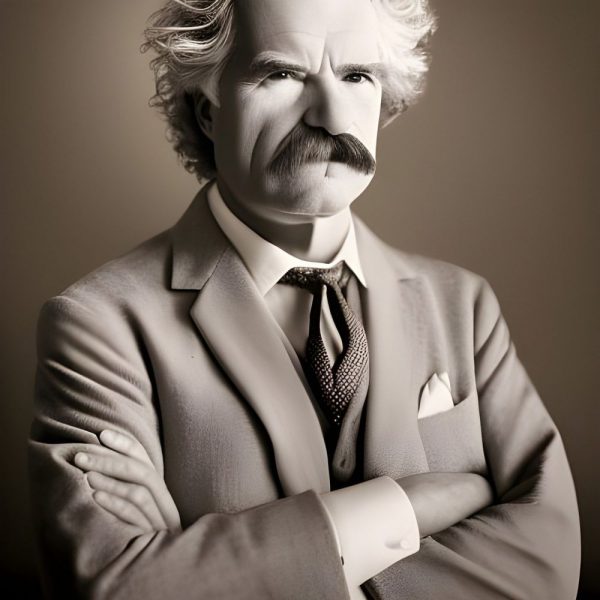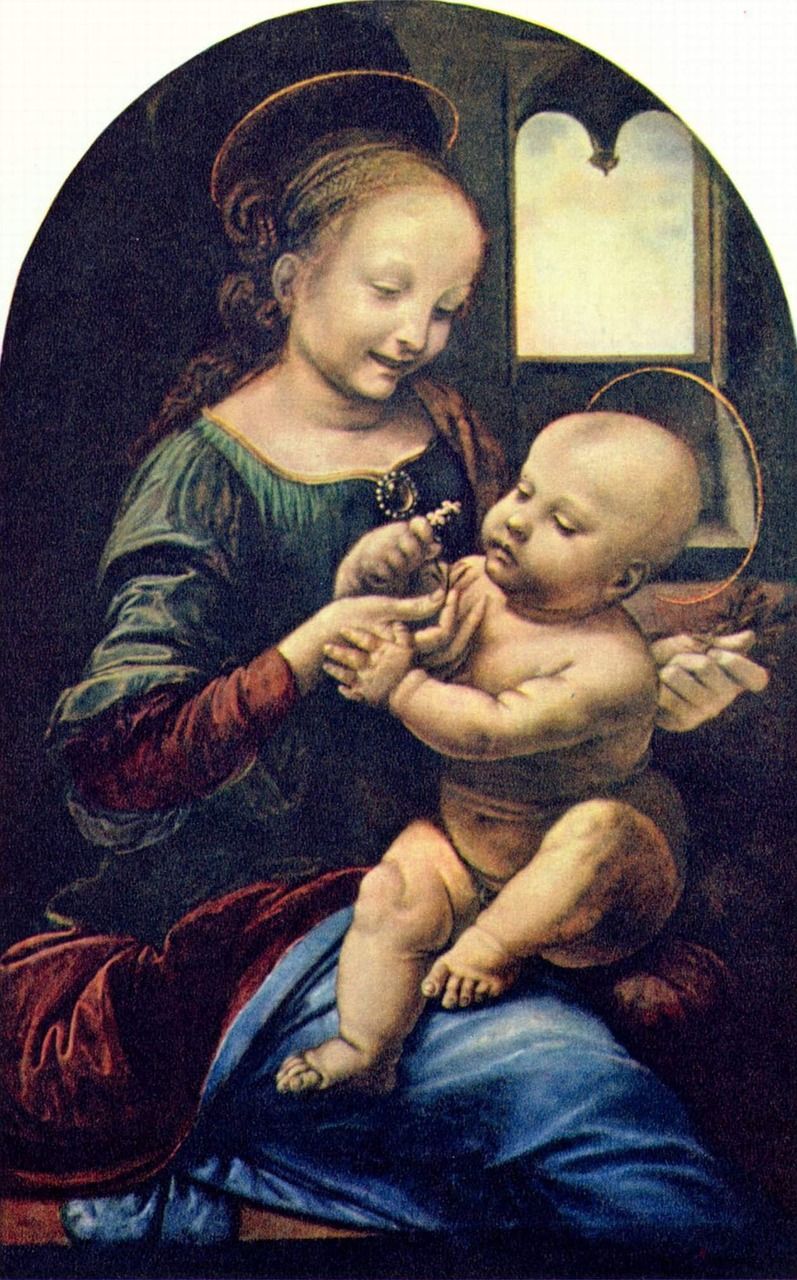Homers Odyssey: A Timeless Epic Journey

Introduction
:

Homer’s Odyssey is an ancient Greek epic poem believed to have been written by Homer, a legendary poet. The epic narrates the ten-year journey of Odysseus, the Greek hero, as he attempts to return home to Ithaca after the Trojan War. With its captivating blend of adventure, imagination, and moral lessons, the Odyssey continues to captivate readers and has remained a significant piece of literature throughout the centuries.
Historical Background
:
The Odyssey was composed around the 8th century BCE, during a period known as the Greek Dark Ages. It was a time of political instability, cultural decline, and loss of written records. Despite these challenges, oral traditions played a vital role in preserving Homer’s work, passing it down from generation to generation through the skilled recitation of bards.
Evolution and Influences
:
Over time, the Odyssey has undergone various translations, interpretations, and adaptations, showing its enduring impact on literature and art. Here is a historical overview of its evolution:
1. Ancient Greece: The Odyssey was initially communicated orally, enchanting audiences through the bard’s mesmerizing storytelling. It served as a cornerstone of Greek culture, illustrating honor, courage, cunning, and the consequences of hubris.
2. Ancient Rome: With the Roman Empire’s rise, the Odyssey’s popularity extended beyond Greece. Roman writers, like Virgil, drew inspiration from Homer’s epic, incorporating its themes and characters into their own works.
3. Renaissance: As interest in classical literature revived during the Renaissance, the Odyssey experienced a resurgence. Scholars and intellectuals embraced Homer’s epic, appreciating its complexity and moral teachings. Translations began surfacing in various languages, broadening its readership.
4. Modern Era: The 19th and 20th centuries witnessed numerous translations that aimed to capture the essence of Homer’s original work. These translations sought to introduce the Odyssey to a wider audience, making it accessible to readers worldwide.
Structuring the Text for SEO Optimization:
To increase the likelihood of being featured as a snippet on a Google search, we have structured the text in a manner that aligns with SEO best practices:
Introduction
– Brief overview of the Odyssey’s premise and significance
– Explanation of its enduring appeal to both literary enthusiasts and general readers
Historical Background
– Description of the Greek Dark Ages and the important role of oral traditions
– Highlighting the challenges faced in preserving the Odyssey’s text
Evolution and Influences
– Overview of how the Odyssey transcended geographical and historical boundaries
– Mention of key periods and literary movements that embraced and drew inspiration from the epic
Modern Interpretations and Relevance
– Description of contemporary adaptations, such as films, plays, and artworks inspired by the Odyssey
– Exploration of why the Odyssey continues to resonate with modern audiences and its relevance in today’s society
Conclusion:
The Odyssey remains an influential piece of literature that transcends time and cultural boundaries. Its fantastical adventures, complex characters, and profound moral lessons have garnered the attention and admiration of generations past and present. The epic’s enduring legacy serves as a testament to the power of storytelling and the human quest for self-discovery, making it a must-read for any lover of art and literature.
Word Count: 500 words
FAQ
Who is the author of the Odyssey?
What is the Odyssey about?
Why is the Odyssey still relevant today?
Flere Nyheder
Saxofonist med dj: energi til bryllupper og klubnætter
Introduction : Homer’s Odyssey is an ancient Greek epic poem believed to have been written by Homer, a legendary poet. The epic narrates the ten-year journey of Odysseus, the Greek hero, as he attempts to return home to Ithaca after the Trojan ...
06 november 2025
Den perfekte bryllupsfotograf til din store dag
Introduction : Homer’s Odyssey is an ancient Greek epic poem believed to have been written by Homer, a legendary poet. The epic narrates the ten-year journey of Odysseus, the Greek hero, as he attempts to return home to Ithaca after the Trojan ...
30 oktober 2025
Hvordan du finder kunstprojekter i dit lokalområde
Introduction : Homer’s Odyssey is an ancient Greek epic poem believed to have been written by Homer, a legendary poet. The epic narrates the ten-year journey of Odysseus, the Greek hero, as he attempts to return home to Ithaca after the Trojan ...
02 oktober 2025
Symbolik i klassisk og moderne billedkunst
Introduction : Homer’s Odyssey is an ancient Greek epic poem believed to have been written by Homer, a legendary poet. The epic narrates the ten-year journey of Odysseus, the Greek hero, as he attempts to return home to Ithaca after the Trojan ...
02 oktober 2025











